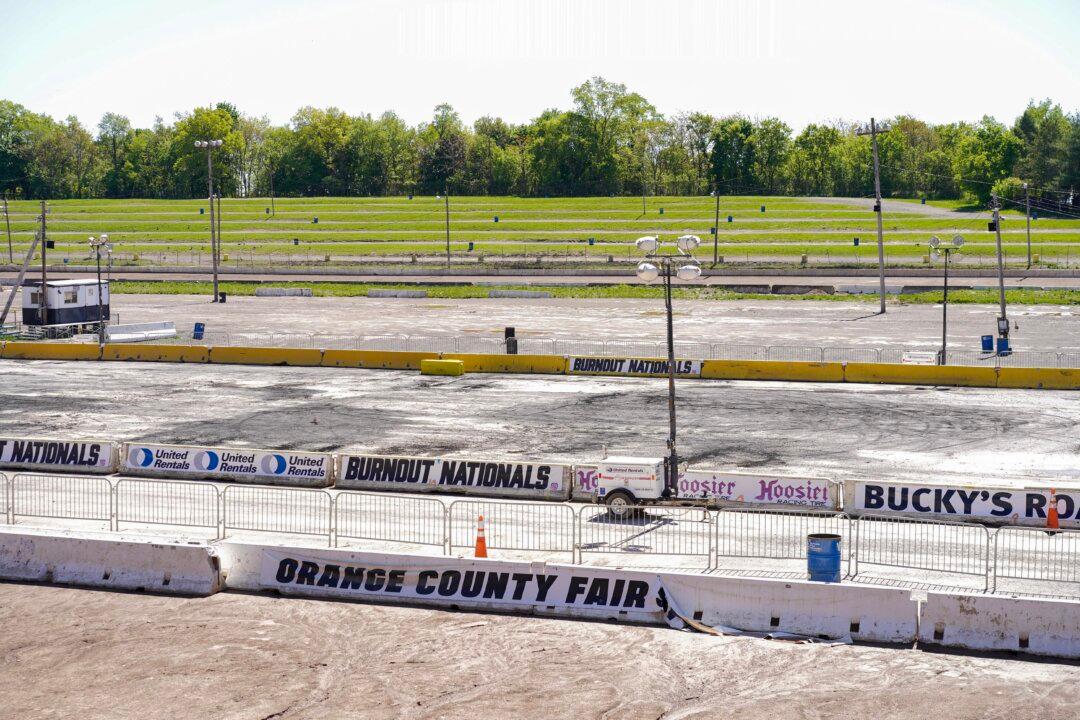Home to one of the oldest fairs in New York and one of the oldest continuously operating dirt tracks in the country, Orange County Fairgrounds in Middletown has managed to keep core traditions alive while adapting to the changing world over the past century.
However, the rising operational costs, the ever-diminishing fan base, and the risks of weather uncertainties have rendered the family business unsustainable for its third-generation majority owner and operator, Mike Gurda IV.





